Table of Contents
The smell of coffee wafting for a tranquil morning holds a unique allure. But for those trying intermittent fasting, questions arise like: “Can you drink coffee while fasting?” or, “How many calories break intermittent fasting?”.
If you’re unsure whether you can drink coffee during your fast, let’s dive into this article and find the answer.
We also offer some drink alternatives that make your intermittent fasting journey more fascinating.
Coffee during intermittent fasting: Black or with milk?
Unlike other diets that suggest what to be on your plate, intermittent fasting (IF) is more about when to eat (1, 2).
Intermittent fasting has historical roots in religion, spirituality, and culture. In the modern version, IF means you go without eating for a set period (usually 12–18 hours), known as a fasting window (1, 3).
Can you have coffee when fasting? It’s not a straightforward ‘yes’ or ‘no’—it depends on what fasting pattern you’re into.
Why do people try intermittent fasting?
Traditional calorie restriction for weight loss can be challenging owing to psychological and social constraints. This is why fasting has become popular as a more manageable and effective approach, supported by solid results (1, 4, 5).
There are no specific dietary rules during the eating or fasting window (1, 4). When you fast, your body can’t take energy from outside; thus, it burns stored fat and glucose for energy, aiding in weight loss (2).
Studies have shown that healthy people often lose around 1–3 kg or up to 15 kg through intermittent fasting (6). In a review of weight loss studies, intermittent fasting has proven to be as effective as restricting daily calorie intake —overweight or obese individuals lost on average 6.8 kgs over two months (7). Fasting goes beyond just weight loss; in animal studies, intermittent fasting can protect you from (2, 8, 9):
- Diabetes
- Cancer
- Chronic pain
- Heart problems
- Fatty liver diseases
- Gut issues
- Brain diseases
Human trials show that IF can help with insulin resistance, heart problems, diabetes, and Alzheimer’s disease (2, 3, 6). It can also boost energy, regulate body clocks, and lower inflammation and blood pressure (1, 10).
Some IF patterns, like time-restricted eating, can slow aging by promoting autophagy (2, 8). Autophagy helps cells stay healthy by eliminating damaged parts and harmful substances (11).
Even though studies on mechanisms IF can improve our health are being done, experts suggest it may be due to shifting your body into fat-burning mode instead of using carbs for fuel (ketosis), reducing oxidative stress, and optimizing your internal clocks (1, 12).
The IF appears safe; even athletes can perform well during fasting (1). However, studies have noted potential side effects such as headaches, mood swings, dizziness, increased urination, and gallstones (6, 8). There are also concerns about the effects on bone density and lean body mass (13). Thus, to understand the risks and long-term sustainability of different fasting routines, we need more large-scale studies (2, 5, 10).
Does black coffee break a fast?
Sipping on low-calorie or calorie-free drinks won’t significantly impact your fast (4, 10). You may find it easier to include a few calories during your fasting window (1).
You won’t break fast with plain black coffee, which contains few calories and no sugar (14). An 8-ounce (240 mL) cup of coffee often has no more than three calories, along with trace amounts of fat and minerals (15, 16).
Does espresso break a fast? A regular 30 mL shot packs around 2.7 calories and 62.8 mg of caffeine, so espresso doesn’t break a fast (17). Americano and decaffeinated (decaffeinated) coffee are also fasting-friendly.
Besides, coffee can support your fasting window by the following mechanisms:
1. Make you eat less
In a study, drinking coffee with 6 mg of caffeine per kilogram of body weight could make overweight and obese people eat less during a meal, but not for normal-weight people (18, 19).
Other studies also suggest that caffeine may make us eat less if we have it 0.5‒4 hours before our first bite (20). Consuming 300 mg of caffeine before a meal may make men, but not women, eat 21.7% less than when they didn’t consume caffeine (19).
2. Help you lose weight
High coffee drinkers (more than 3 cups/day) had lower BMI, waist circumference, blood pressure, and bad cholesterol than those drinking less than one cup per day (21).
High coffee consumption is also linked with an 18% and 29% lower chance of suffering from cancer and diabetes, respectively (21, 22).
3. Increase your metabolic rate
Caffeine can help our metabolism work better, burning more fat, carbs, and calories (23, 24). In one study, participants who consumed 150 ml of coffee (200 mg) had an increase in metabolic rate by 7% for 3 hours (25).
Taking a 100-mg caffeine pill can boost your resting metabolism by 3‒4% for 2.5 hours. If you take these pills every 2 hours for 12 hours, your metabolic rate might increase by 8–11%. The pills can make you burn an extra 150 calories a day if you are lean or 79 calories if you were previously obese (26, 27).
Does coffee with milk break a fast?
Milk is packed with carbs, proteins, and calories (28) and will break your fast if you add milk to the coffee.
Therefore, store-bought iced coffees, macchiatos, lattes, cappuccinos, flat whites, and mochas are also off-limits during fasting. One cup of store-bought iced coffee or latte contains 100‒150 calories and 14‒26 grams of sugar (29, 30, 31, 32).
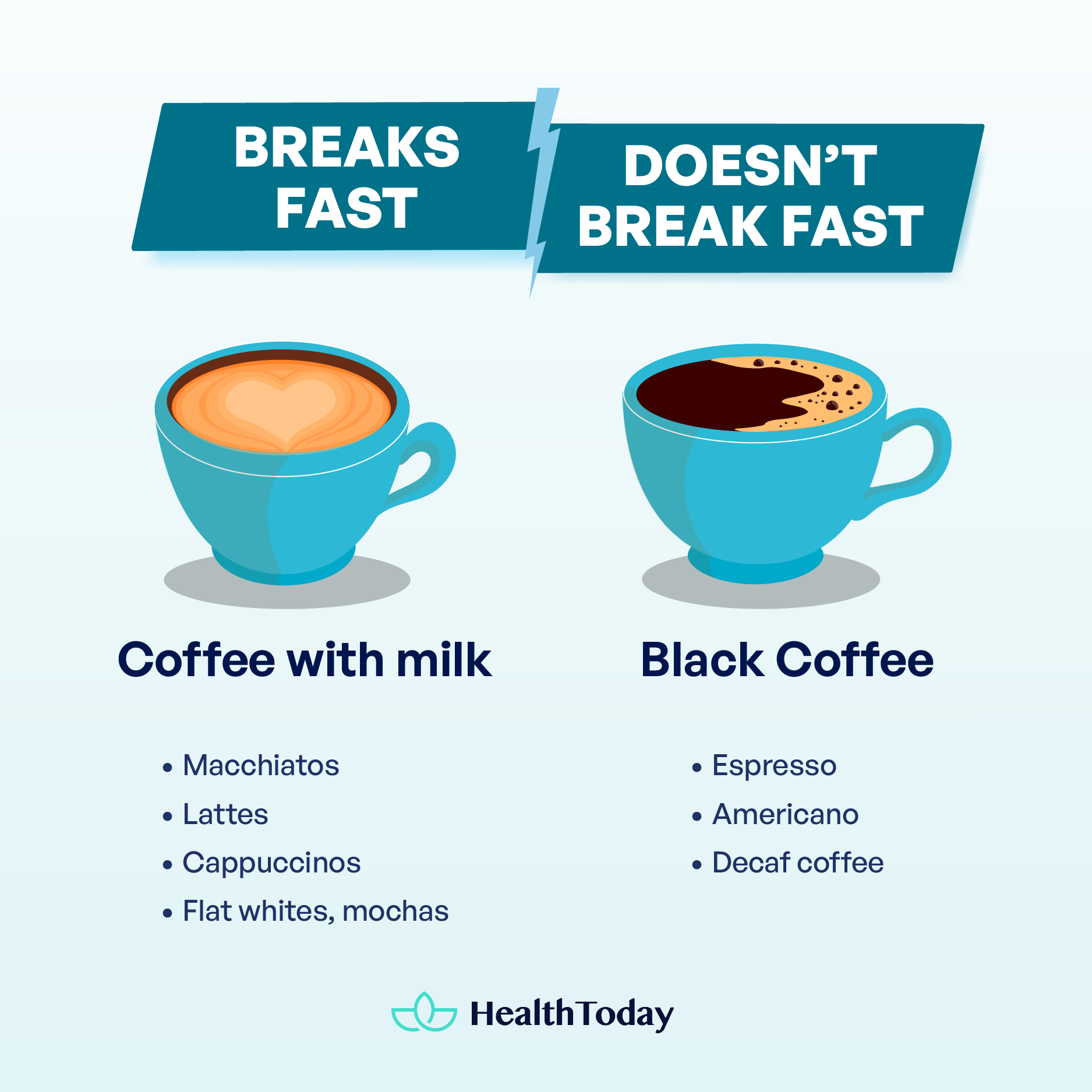
Coffee on a water-only fast
Water-only fasting, used for medical and therapeutic purposes, is where you fast for days, zero calories (9, 33), under medical supervision.
During a water-only fast, you can’t have coffee, as the rules are strict—you can drink only water, with or without minerals.
Water-only fasting can raise safety concerns, but most adverse effects are mild to moderate. Only in rare cases did things get severe (9).
In a study of 12 middle-aged men, after eight days of mineral-water-only fasting, they felt good and safe, but some mild adverse effects occurred. Thus, continuing the fast was deemed detrimental to them, so they stopped the study (34).
However, you should consult your doctor if you’re thinking about trying water-only fasting (33), as medical guidance is needed for refeeding after the fast and carefully following your health. With expert guidance based on your health, you can predict potential challenges. Coffee can also break a fast when you do religious fasting practices such as Ramadan (Islam), Proşadhopavāsa (Jainism), and Yom-Kippur (Judaism). These spiritual disciplines involve abstaining from both food and liquids during the fasting period (4).
Drinking coffee while fasting won’t break the fast as long as you skip the calorie extras (from milk or sugar). Intermittent fasting and coffee are a powerful duo. Coffee can support the fasting window by boosting energy and helping you burn fat.
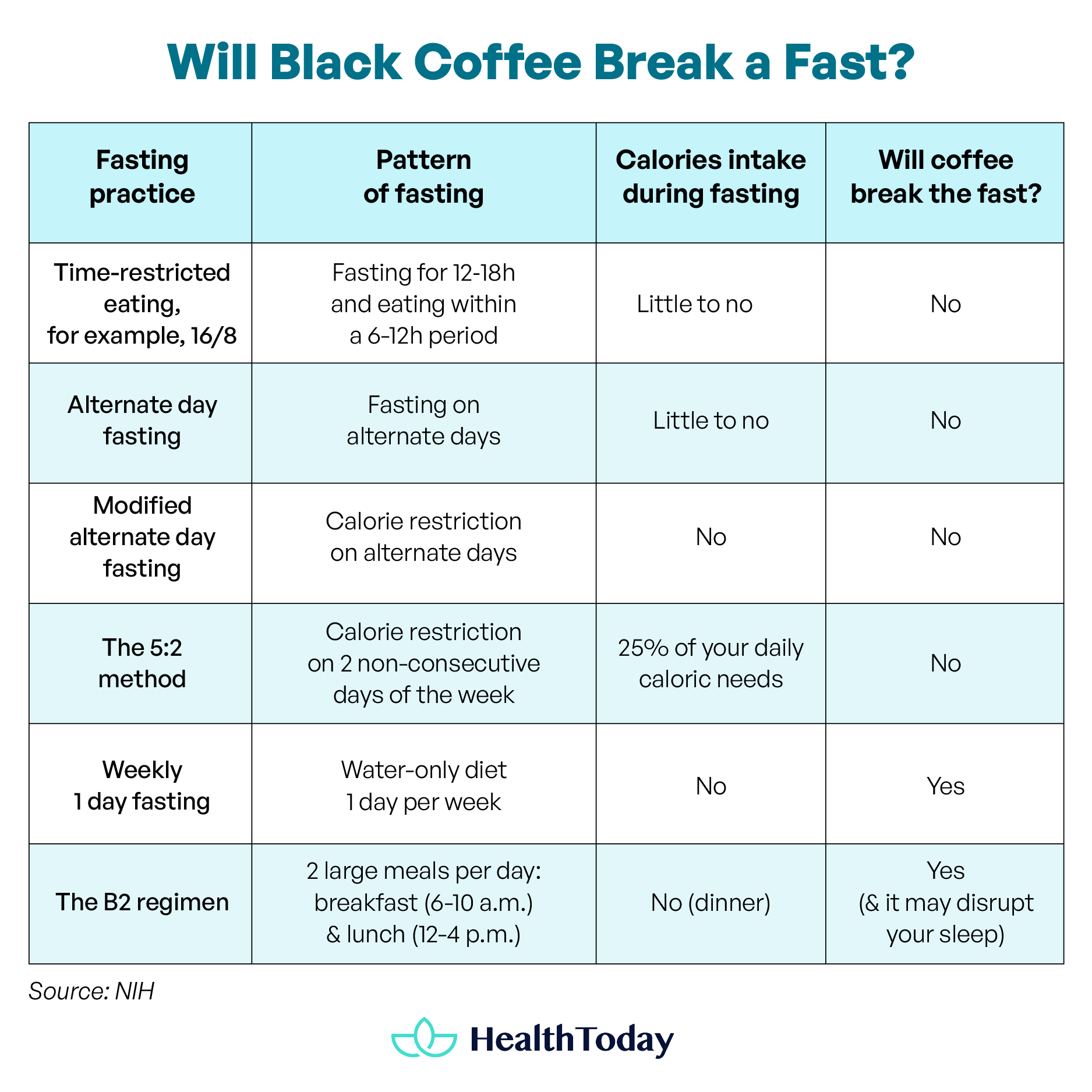
The number of calories that break your fast depends on your fasting strategy and goals.
Generally, you need to consume minimal to negligible calories (1, 4, 10). Eating any significant number of calories might break your fast.
Some health blogs and media suggest that staying under 50-75 calories in your fasting window is okay. However, there is no credible scientific evidence to support this claim.
What can I drink in the morning while intermittent fasting?
The answer to “Can I drink while fasting?” is a clear “yes.” Staying hydrated is necessary in any diet (35). However, when trying intermittent fasting, what can you drink?
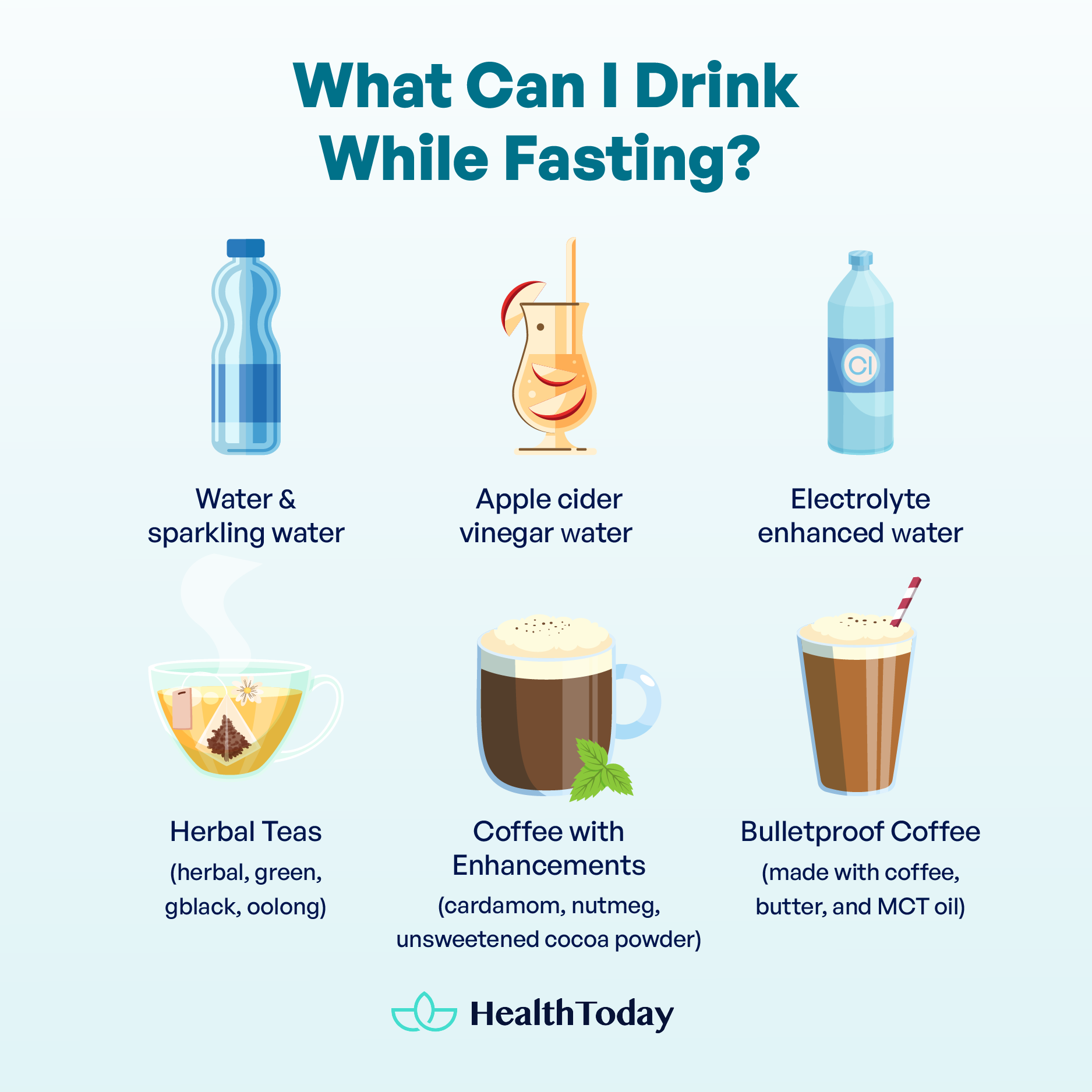
Water is always on top of the list. For a fancy twist, try sparkling water, splash fresh fruit, or squeeze a lemon (35).
Another wise choice is to mix your water with the zero-calorie apple cider vinegar (36). The vinegar can help you burn fat and sugar while satisfying your craving (37).
Water with added electrolytes is among the great drinks for intermittent fasting (34), but avoid versions with added sugar.
You can also enjoy herbal teas or traditional green, black, or oolong tea without honey or sugar. These beverages are rich in antioxidants and minerals and have zero calories (14, 21).
Drinking coffee while intermittent fasting is a good idea (21). Here are some ways you can enhance the taste of the coffee without adding calories (25):
- Consider cardamom, nutmeg, or unsweetened cocoa powder for a hint of richness.
- Try cinnamon, ginger, turmeric, or cloves if you prefer a cozy flavor.
- Add mint leaves, peppermint, lemongrass, or thyme for a refreshing twist.
You might consider using artificial sweeteners like Stevia or Splenda. However, these sweeteners can mess with your hunger and weight over time (38, 39).
Blending coffee with ghee (butter), MCT (Medium-Chain Triglycerides), or coconut oil is recommended for extra creaminess. Although these ingredients do add calories and technically break your fast, they consist of healthy fats that won’t disrupt your insulin levels (40, 41, 42, 43).
So, these coffee mix-ins may keep your body in the ketosis state, which is believed to promote autophagy—one of the benefits of intermittent fasting (1, 2, 11, 44).
Bulletproof Coffee, made with coffee, butter, and MCT oil, can be a satisfying drink for newcomers to IF. It’s filling and won’t raise your insulin levels. Still, your choice depends on how strictly you follow your fasting plan.
Coffee and tea lovers should be mindful of their caffeine intake. Most studies suggest healthy adults can safely consume up to 400 mg of caffeine daily. However, some countries like New Zealand, Portugal, and Romania set the limit at 300 mg (14). Pregnant women should be cautious, as high coffee intake has been linked to low birth weight, preterm birth, and miscarriage (45). People under 18 and those with heart problems or mental illness should avoid caffeine as they may be more sensitive to caffeine (46).
Can I drink coffee with milk on the 16/8 diet?
During the 16/8 diet or the intermittent fasting 16/8 method, you fast for 16 hours and have an 8-hour eating window. During fasting, you should avoid consuming calories and non-caloric drinks (1). Drinking coffee while fasting is fine if you don’t add milk, cream, or sugar, as these can add calories (14, 15).
Does coffee with cream break intermittent fasting?
Black coffee during intermittent fasting is fine, but adding high-calorie ingredients may crash your fasting effort (14). Cream, despite being low in sugar, is rich in fat and calories (47). For extra flavor, you can enhance your coffee with low-calorie herbs and spices like cardamom, nutmeg, and unsweetened cocoa powder.
What drinks don’t break a fast?
The top choices for fasting are plain water, whether it’s still or sparkling, and even water infused with fruit (make sure you won’t eat the flesh). Tea and coffee are also great drinks while fasting, provided you don’t add milk, cream, or sugar, as these add calories. Consider electrolytes if you need an energy boost (14, 48).
How much coffee can you drink while fasting?
In the USA, it’s generally considered safe to consume three to five cups of coffee, roughly equivalent to 400 mg of caffeine, per day (49). Yet, in New Zealand, Portugal, and Romania, the recommended daily limit is 300 mg (14).
Note that children, teenagers, young adults, pregnant women, and people with heart problems or mental illness could be more sensitive to caffeine (46).
Can you drink coffee during a 3-day fast?
It can be hard to stick to even a one-day fast in real life. Followers are often poorly tolerated, so they switch to a modified version that permits consuming up to 40% of your regular calorie needs (1).
Drinking coffee while fasting can be fine in these cases, but don’t go too far with fasting for days. It can hamper your bones and muscles (13).
The answer to “Does coffee break intermittent fasting?” isn’t straightforward.
Black coffee is fast-friendly, with three calories. Coffee might help boost your energy and increase fat burning; both may benefit the fasting effort.
Be mindful of what you add to your coffee. You should avoid sugar and consider using spices and herbs for flavor. Full-fat options like ghee, MCTs, or coconut oil will break your fast due to the calories, but they might help with fasting ketosis.
What can I drink in the morning while intermittent fasting? Water, tea, coffee, and electrolytes will fit well within the fasting routine.








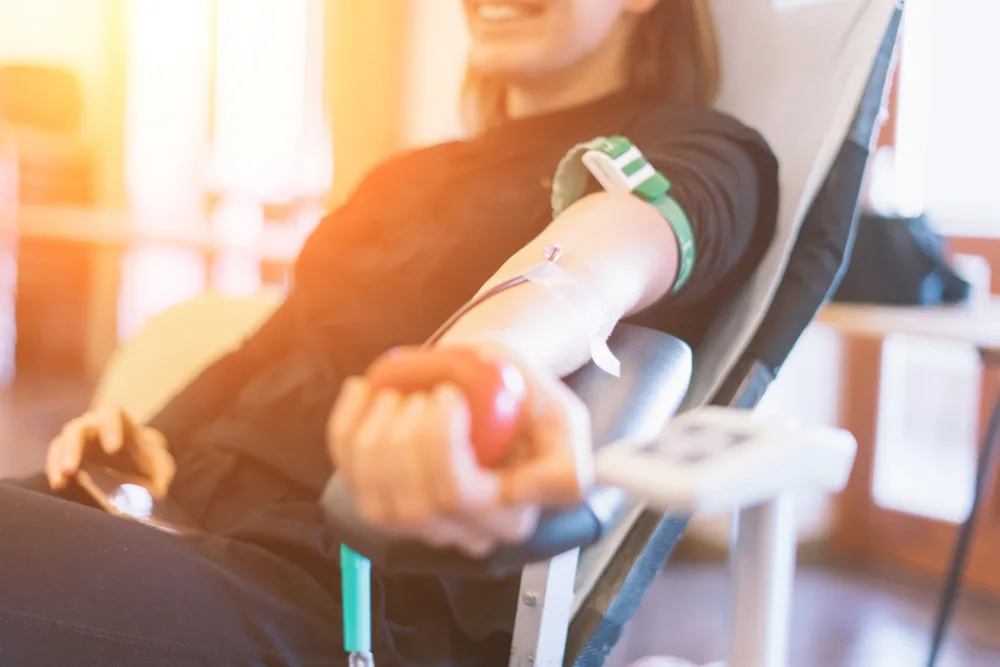

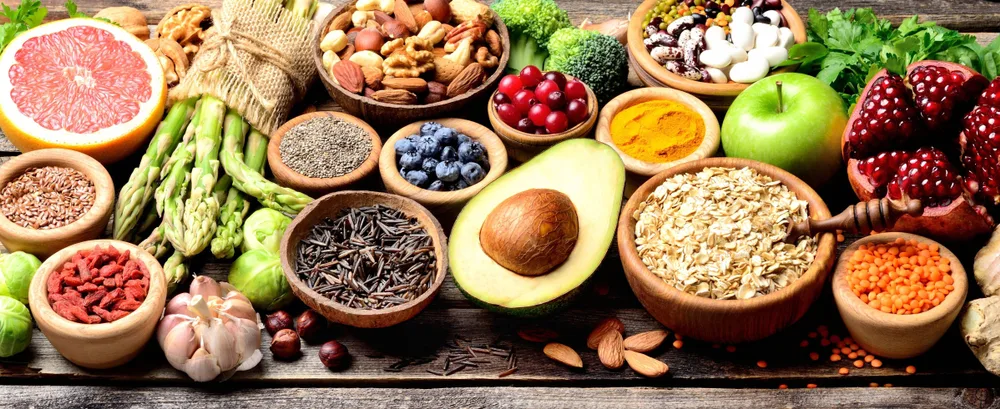

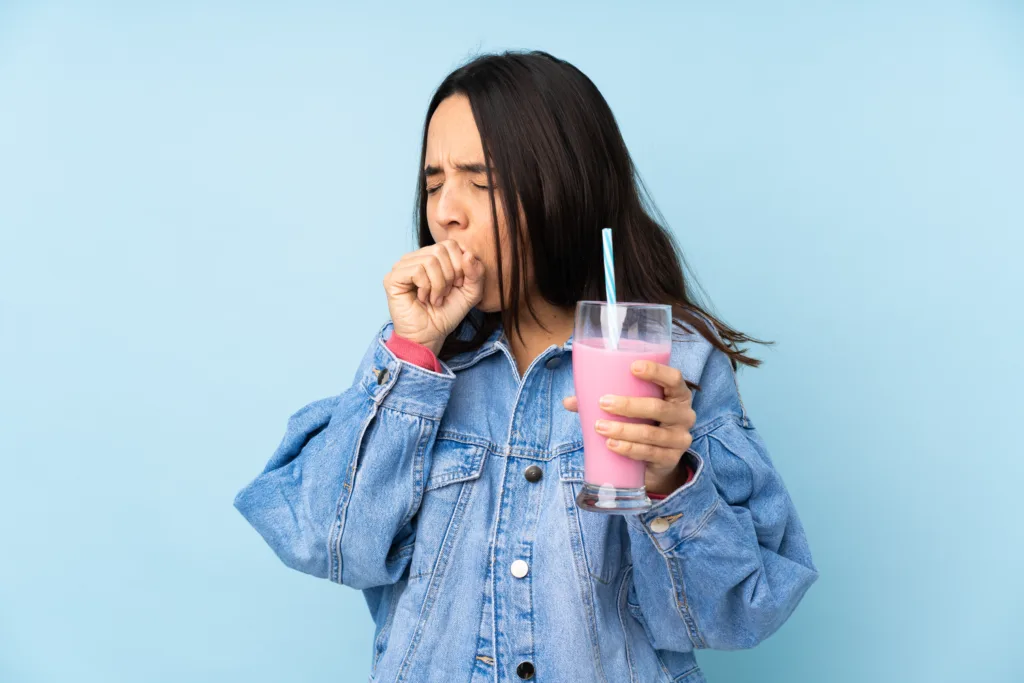
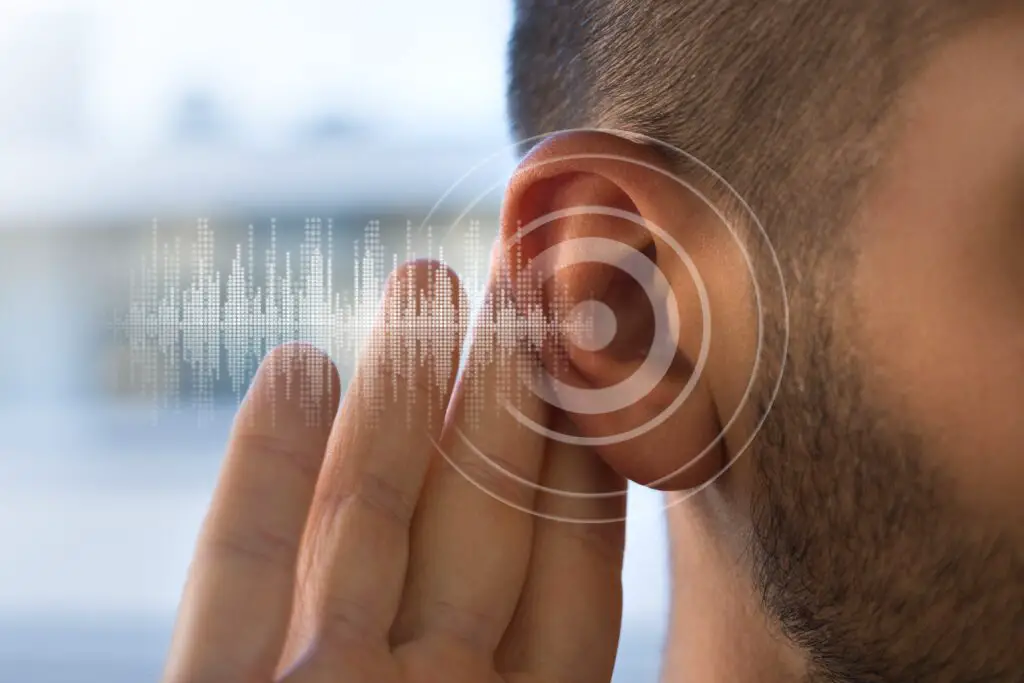
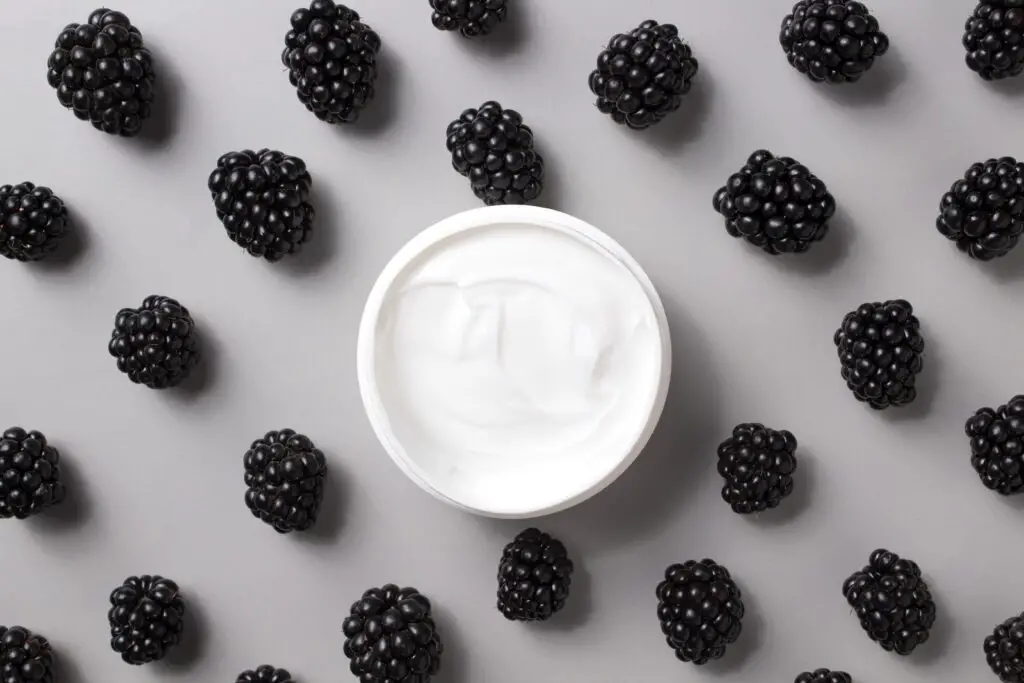
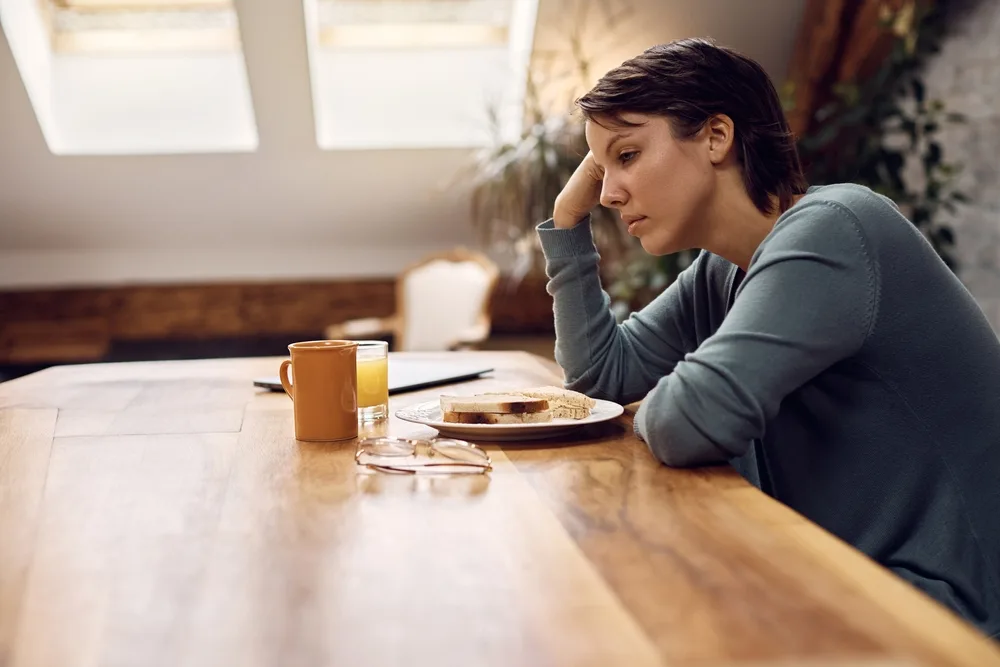
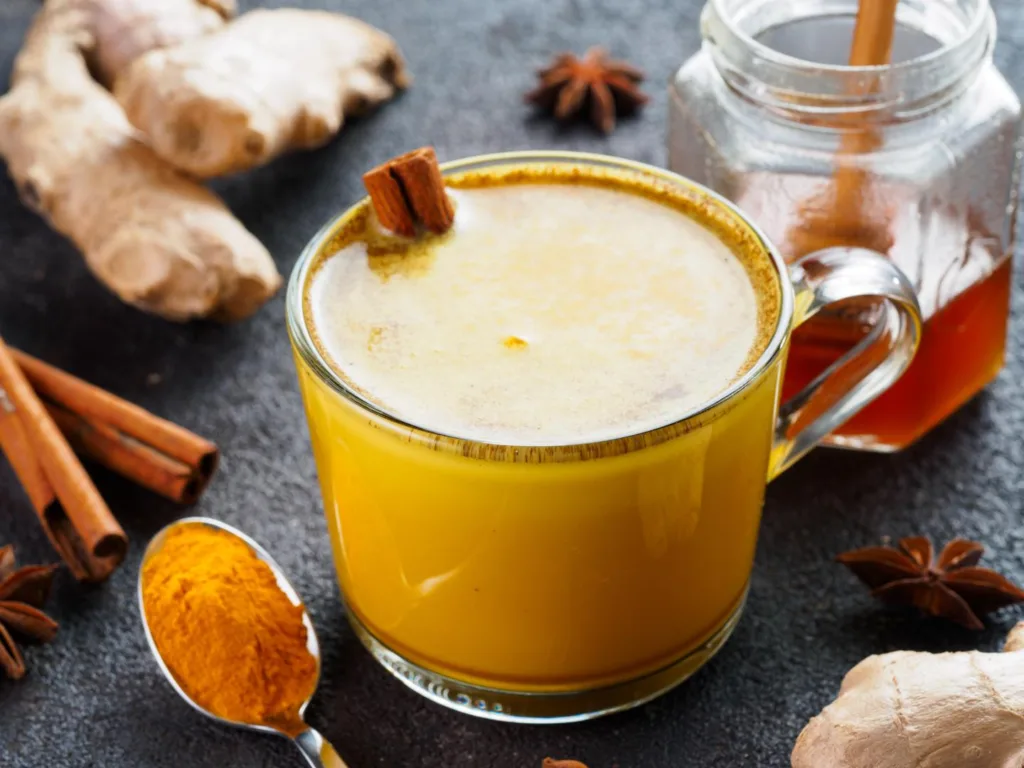
Comments
0